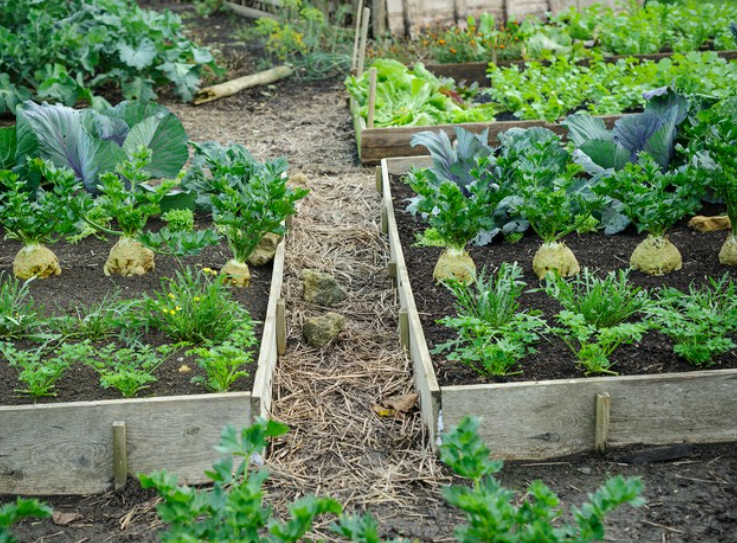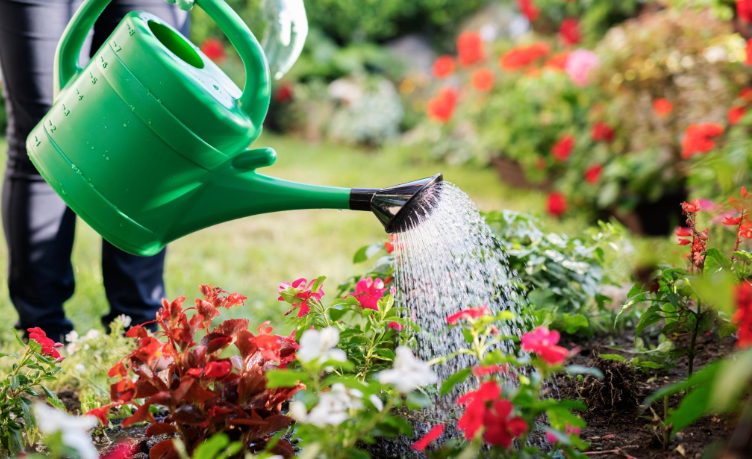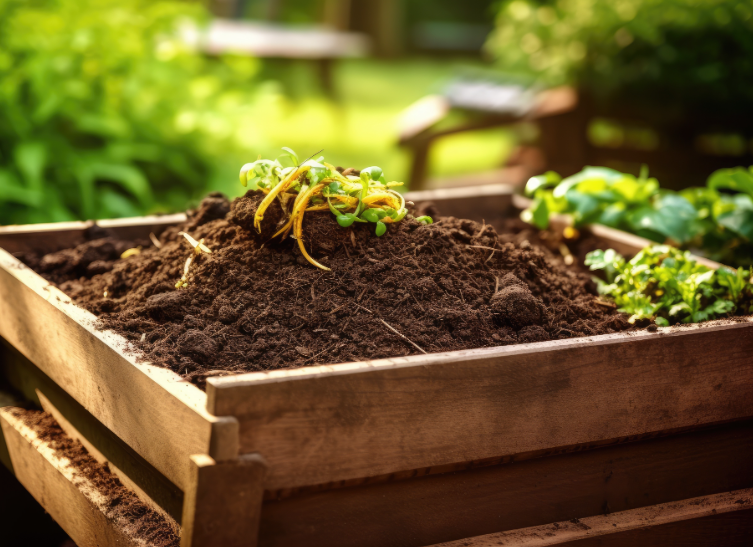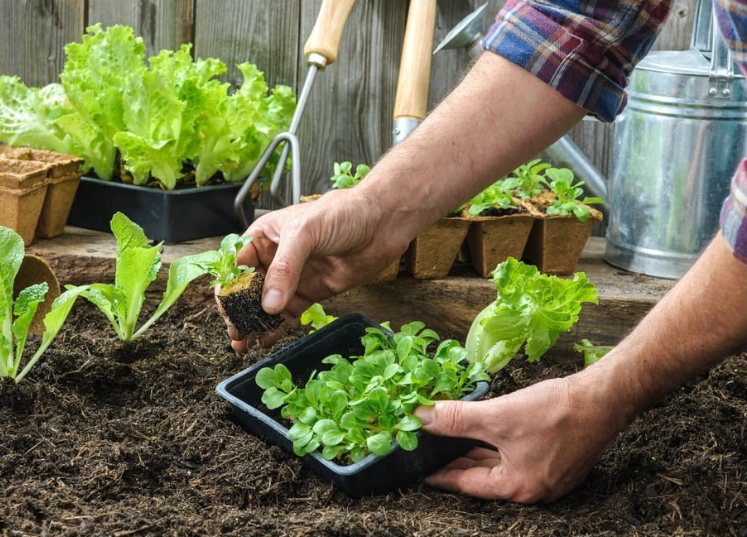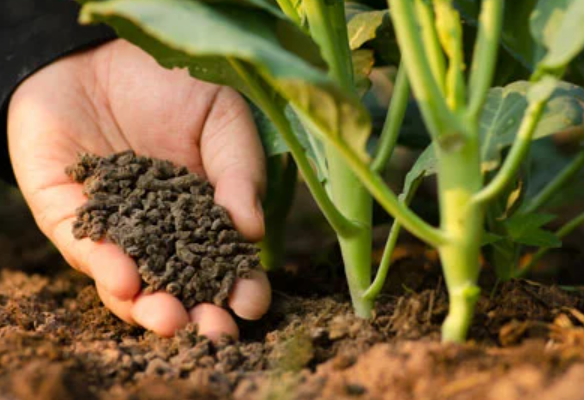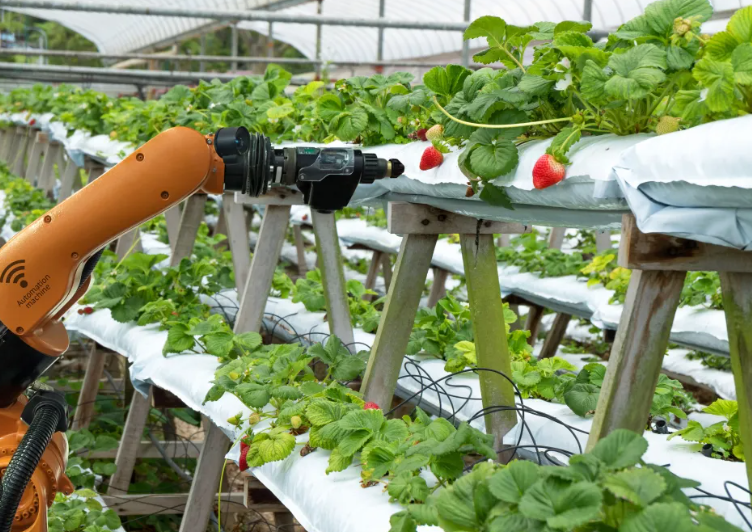No-dig gardening is a sustainable method that has gained popularity in recent years for its ability to improve soil health, reduce environmental impact, and create a thriving garden with minimal effort. As the name suggests, no-dig gardening involves planting without disturbing the soil through tilling or digging. Instead, organic matter is layered on top of the soil, which fosters a healthier, more resilient garden. Let’s explore some of the key benefits of this method for sustainability.
Improves Soil Health
One of the main advantages of no-dig gardening is that it preserves the health of the soil. Traditional tilling can disrupt the delicate ecosystem of soil organisms, such as earthworms, bacteria, and fungi, which are vital for nutrient cycling and soil structure. By avoiding digging, you allow these organisms to thrive, helping to build and maintain rich, fertile soil. Over time, no-dig gardening leads to increased soil organic matter, better water retention, and a more robust root system for plants.
Reduces Erosion and Compaction
Tilling the soil can lead to erosion, especially on slopes or areas with heavy rainfall. When the soil is left undisturbed, it maintains its structure and reduces the risk of topsoil erosion. Additionally, the organic matter layered on top acts as a mulch, which further protects the soil from the elements. No-dig gardening also prevents soil compaction, which can occur when soil is repeatedly disturbed by machinery or foot traffic. Healthy, loose soil allows for better root growth and water infiltration.
Water Conservation
No-dig gardening enhances the soil’s ability to retain moisture. By adding a layer of mulch or compost on top of the soil, you reduce water evaporation and keep the soil consistently moist. This is especially important in areas prone to drought, as it reduces the need for frequent watering and helps conserve precious water resources.
Reduces Carbon Emissions
The environmental impact of tilling can also contribute to carbon emissions. Tilling soil releases stored carbon into the atmosphere, contributing to climate change. No-dig gardening, on the other hand, sequesters carbon in the soil. The organic layers on top of the soil trap carbon and help mitigate greenhouse gas emissions, making this gardening method a valuable tool in the fight against climate change.
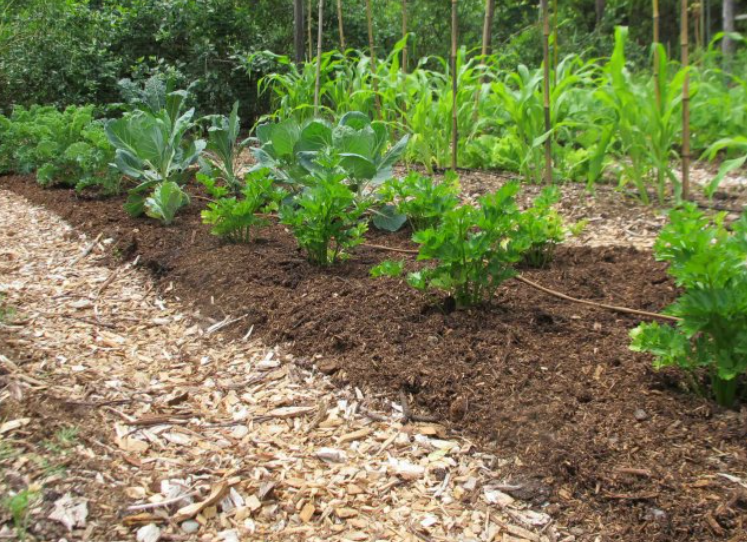
Minimizes Soil Disturbance
No-dig gardening is less labor-intensive compared to traditional methods. By eliminating the need for tilling, gardeners can avoid backbreaking work and soil disruption. This approach also requires fewer resources, such as gasoline for garden machinery, reducing overall energy consumption.
